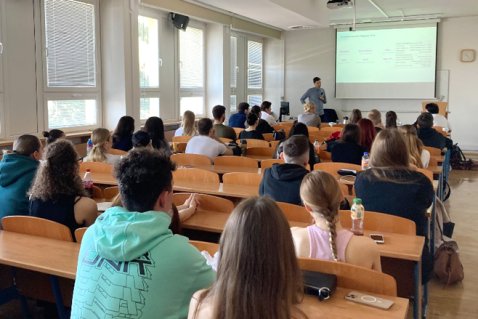KOVÁŘ, Jan. Revisiting the Second-Order Election Model and Its Application to European Parliament Elections in Central and Eastern European Countries

1. vyd. Praha: Metropolitan University Prague Press, 2016. ISBN 978-80-87956-55-7
The second-order election theory asserts that voters treat elections to the European Parliament differently than national legislative elections due to the lack of their connection to a government-formation process. They tend to punish parties in government at the national level, turn towards small parties or skip voting in these elections altogether. These trends have been well documented in Western European EU member states. In Revisiting the Second-Order Election Model and Its Application to European Parliament Elections in Central and Eastern European Countries, Jan Kovář demonstrates that voting behaviour in 2004 and 2009 European Parliament elections in post-communist EU member states can be understood, for the most part, in terms of the second-order election theory. Moreover, this volume extends the application of the second-order election theory to political parties and media and test hypotheses about their behaviour. Again, empirical evidence was found to support the claims that media and political parties approach European Parliament differently, giving them less attention and devoting less resources.





